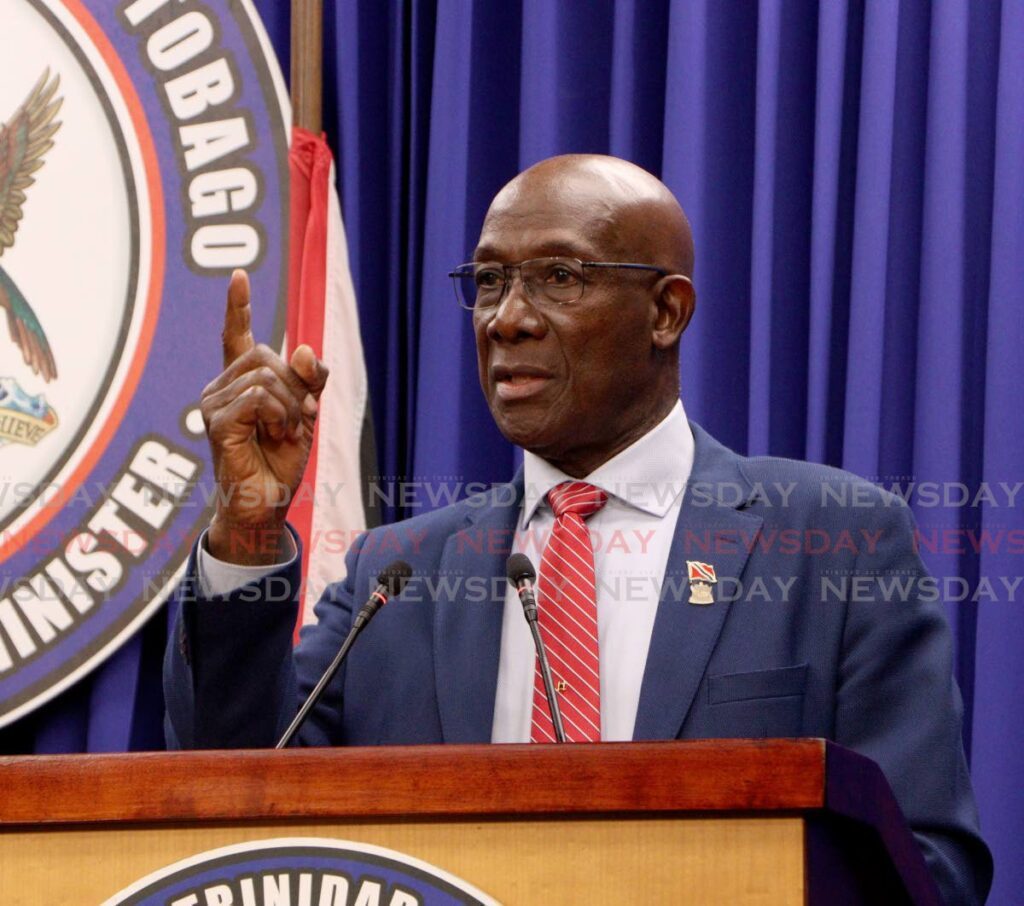Who has final say in court decisions?

THE EDITOR: In criminal court matters in democratic countries, after a suspect is arrested, tried and (if) found guilty, who has the final say in court decisions? Is it the Prime Minister and, by extension, the Government, or is it the court’s adjudicator guided by our written laws?
When you hear a senior counsel, one of the very people who defend criminals in court, telling you that the Government must be replaced if it cannot solve the unprecedented killings in our country, and a prominent court adjudicator reminding citizens that no one owns their vote, it makes you truly wonder if the Government has the final say in criminal court matters?
Yes, when it comes to political assessment, every individual is entitled to his or her opinion. And yes, the sitting government (whoever at any given time) has a responsibility to provide services for the tranquil well-being of our country.
However, when senior legal personnel plainly tell the nation or insinuate that the government needs to be changed in order to curb an appalling crime situation, are they, these influential legal people, really not mindful of their own contribution, or lack of it, to this present crime situation?
In our law-making Parliament, how are our written laws decided, specifically those dealing with criminal matters? At parliamentary sessions, does any sitting government have 100 per cent supremacy in determining stern criminal laws? Because if it does, are we truly a democracy?
And if those in political power do have some degree of influence and set laws that are outwardly prejudiced, why are those in Opposition, conscious of our present situation, not fervently calling for amendments to these laws? On the contrary, why do they, just like the Government’s associated legal people, seem quite contended with our apparent Machiavellian laws?
After the police have arrested suspects and they are taken to court, who is ultimately accountable for the prosecution and sentencing of these people? And even in the face of all the credible evidence against those who are accused of shooting, chopping, raping, robbing men, women and children, how on earth do these alleged monsters weave their way out of our supposedly competent court adjudicators’ discernment?
And since for decades the rights of the accused apparently take precedence over the rights of the victims, and the legal proficiency of the defence appears to effortlessly overpower the prosecution and by extension our court’s adjudicators’ competence, even in the face all the evidence against the accused, in our now desperate need to impose punishment that fits the crime, do the prosecution and defence now need to switch places to win this crime battle?
Yes, that sounds comical, but reality tells us that our complete legal jurisdiction, court adjudicators included, are no match for criminals’ defence appointees and their manipulation of our written laws.
One of the most heartbreaking parts for many citizens is to read or hear, through the media, the grieving relatives of crime victims saying they believe that justice will prevail. But, then, shouldn’t the Government, the Opposition and our legal jurisdiction remind them that the rights of the accused takes precedence over the rights of the victim? They don’t? Well, my apologies, but from all indications it appears that way.
LLOYD RAGOO
Chaguanas

Comments
"Who has final say in court decisions?"